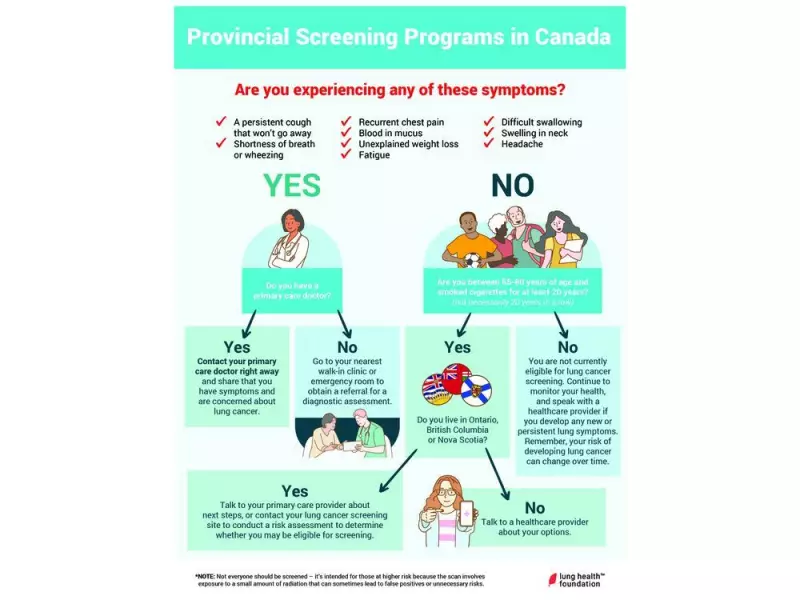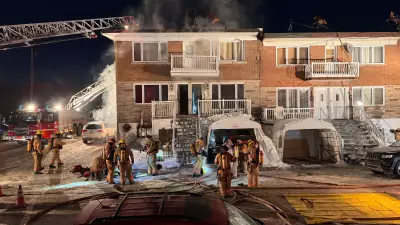
Early detection of lung cancer can mean the difference between life and death, yet many Canadians remain unaware of their eligibility for potentially life-saving screening. Understanding your risk factors and taking proactive steps could significantly improve your chances of catching this disease in its most treatable stages.
Who Should Consider Lung Cancer Screening?
Lung cancer screening isn't for everyone, but for those at higher risk, it can be a crucial preventive measure. The primary candidates for screening typically include:
- Current heavy smokers or those who have quit within the past 15 years
- Individuals aged 50-80 with significant smoking history
- Those with a 20 pack-year smoking history or more
- People with family history of lung cancer
- Individuals exposed to carcinogens like radon or asbestos
The Power of Low-Dose CT Scans
Modern screening methods have revolutionized early lung cancer detection. Low-dose computed tomography (LDCT) scans can identify suspicious nodules long before symptoms appear. These advanced imaging techniques use minimal radiation while providing detailed views of lung tissue, making them both safe and effective for regular screening.
Why Early Detection Matters So Much
When lung cancer is caught at an early, localized stage, the five-year survival rate increases dramatically—reaching approximately 60%. However, when diagnosis occurs after the cancer has spread to distant organs, that survival rate drops to just 8%. This stark difference underscores why screening high-risk individuals is so critically important.
Taking the First Step Toward Screening
If you believe you might be at elevated risk for lung cancer, begin by having an honest conversation with your healthcare provider. They can help you:
- Assess your personal risk factors based on your medical and smoking history
- Determine if screening is appropriate for your specific situation
- Understand the potential benefits and limitations of lung cancer screening
- Navigate the healthcare system to access screening services if qualified
Don't let uncertainty about eligibility prevent you from exploring this potentially life-saving option. Taking that first step toward understanding your risk could be the most important health decision you make this year.





